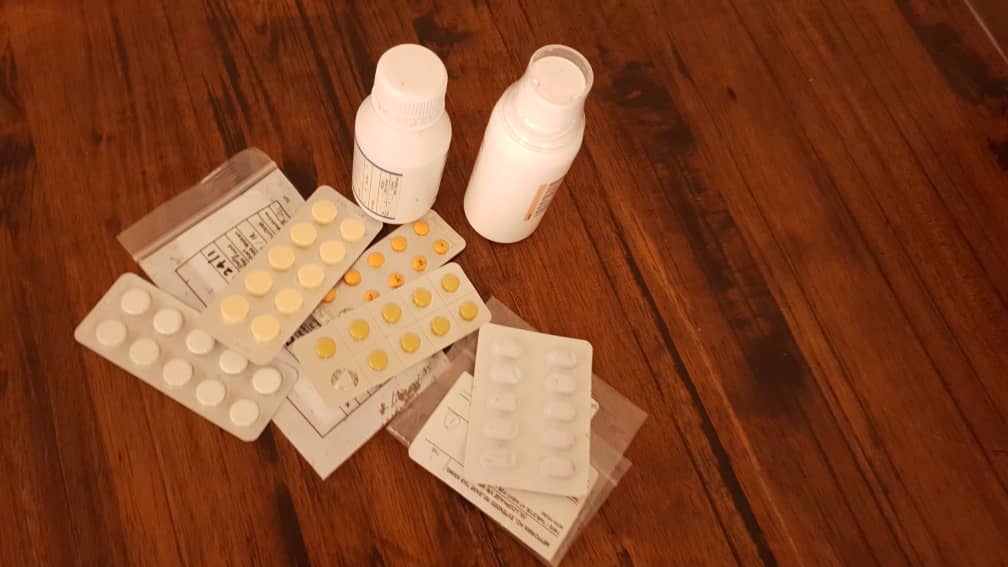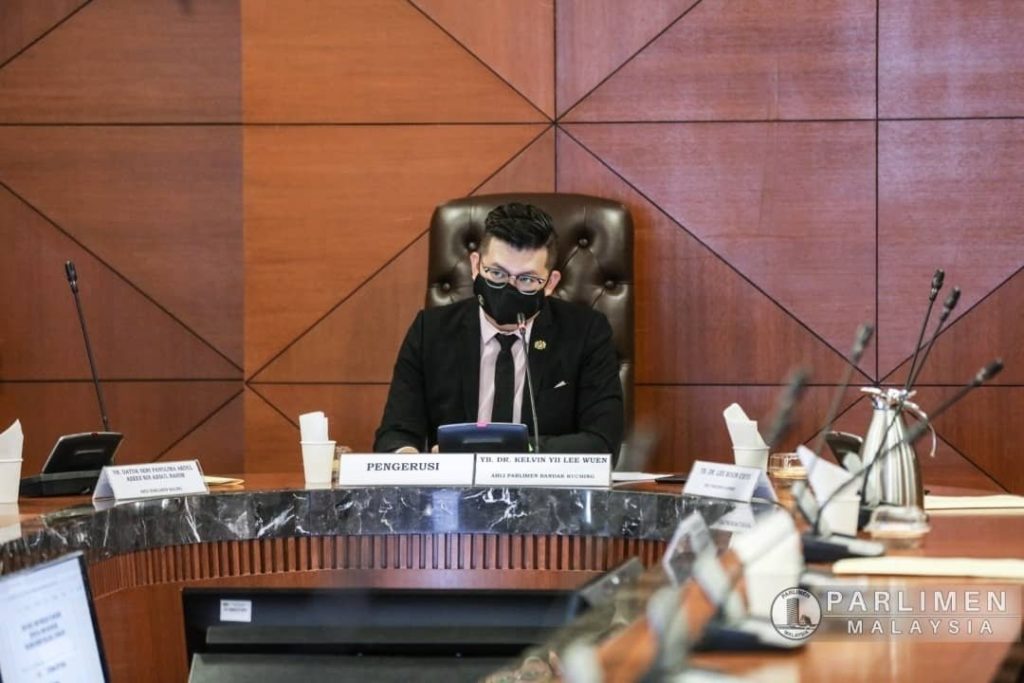
KUALA LUMPUR, June 5 – A clear policy should be set by the Health Ministry to address the current shortages of medicines in the country, said Member of Parliament for Bandar Kuching, Dr. Kelvin Yii Lee Wuen.
In a statement issued in Kuching today, Kelvin said the Federal Government should also look at a longer-term “national medicine security strategy” to prevent future drug shortages in Malaysia, given the country’s current vulnerable position as a net importer of pharmaceutical products.

Citing the concerns raised by several medical bodies including the Malaysian Association of Pharmaceutical Suppliers (MAPS), The Association of Private Hospitals Malaysia (APHM), Medical Practitioners Coalition Association of Malaysia (MPCAM), and Malaysian Medical Association(MMA) on the shortage of medications like antibiotics and over-the-counter(OTC) drugs for fever, flu, and cough and cold, including cough and flu syrups for children, he said the issue, even if it is a temporary situation, needed to be addressed more seriously.
“While the Ministry of Health including the Deputy Health Minister Datuk Dr Noor Azmi Ghazali has come out to downplay the seriousness of the issue and the shortage of medicines is under control, but this issue cannot be taken lightly as these shortages are unlike previous shortages, as this will hit the entire health care system, both public and private, since it’s a global supply issue.
“The two-month hardcore lockdown in Shanghai, China, and Russia’s war in Ukraine have sparked major shortages of various prescription and over-the-counter (OTC) medications in Malaysia.”
He said Malaysia was also vulnerable to the situation as its entire supply of finished pharmaceutical products were either directly imported, or indirectly imported through the import of active pharmaceutical ingredients (APIs) and pharmaceutical intermediates for local manufacture and these had been disrupted due to these external events and a surge in both local and global demand for medicines.
“Even locally manufactured pharmaceutical products in Malaysia are heavily dependent on imported APIs and pharmaceutical intermediates. China is the world’s number one supplier of APIs and pharmaceutical intermediates.”
Hence, before the issue starts to affect the country’s healthcare system, the Health Ministry must come up with clear short-term, mid-term and long term policies to address the issue, he said.
Kelvin also called on the National Pharmaceutical Regulatory Agency (NPRA) to do a extensive audit and stock count of all pharmaceutical stocks both public and private health facilities to understand the full extent of the country’s medicine shortage.
The Malaysian Organisation of Pharmaceutical Industries (MOPI) and Pharmaceutical Association of Malaysia (PhAMA) also need to be committed in ensuring that manufacturers of both innovator and generic drugs have enough manufacturing capacity for enough stockpile of medicines.
The MOH should also compel concessions companies such as Pharmaniaga and other central contracts company to priorities their stocks and supplies to MOH facilities where more than 70 percent of the general population goes to.
“Wastages of medicines should also be reduced by reconsidering prescription quantities and duration upon patients being reassessed,” said Kelvin, who is also the Chairman PSSC Health, Science & Innovation and DAP Health Spokesperson.
–WE